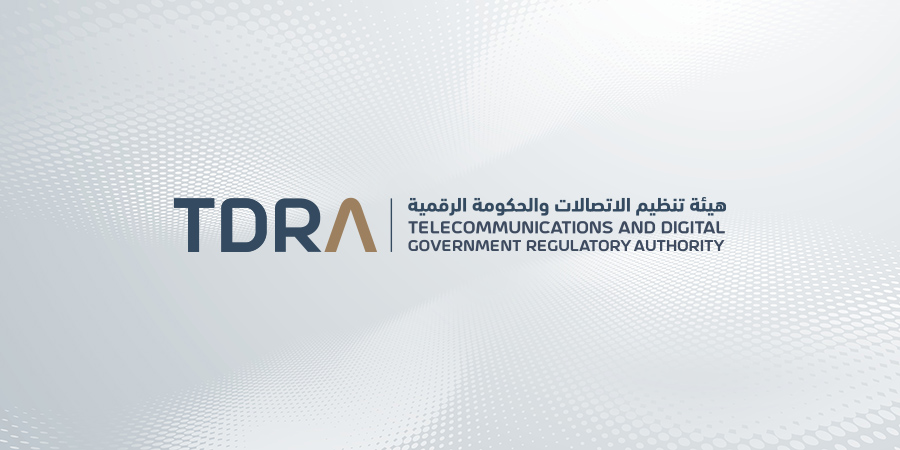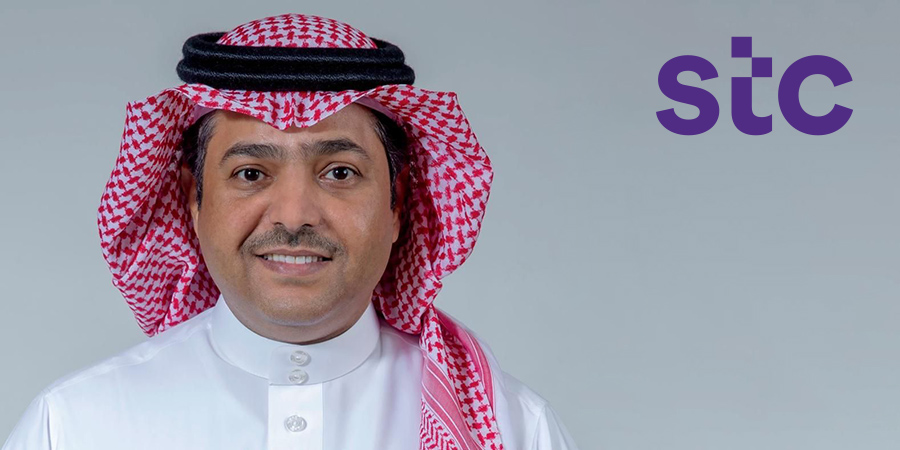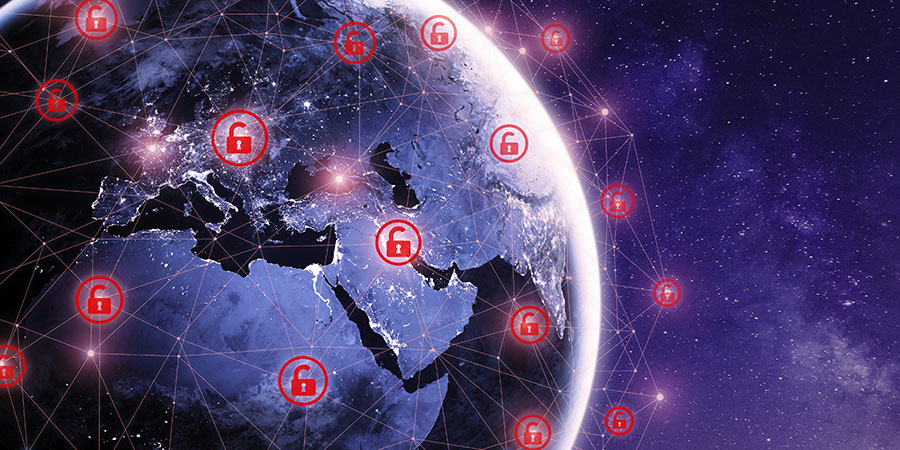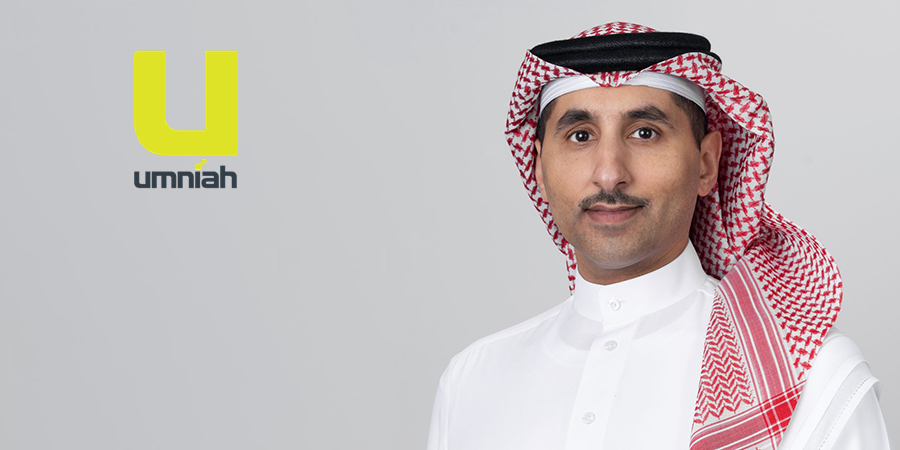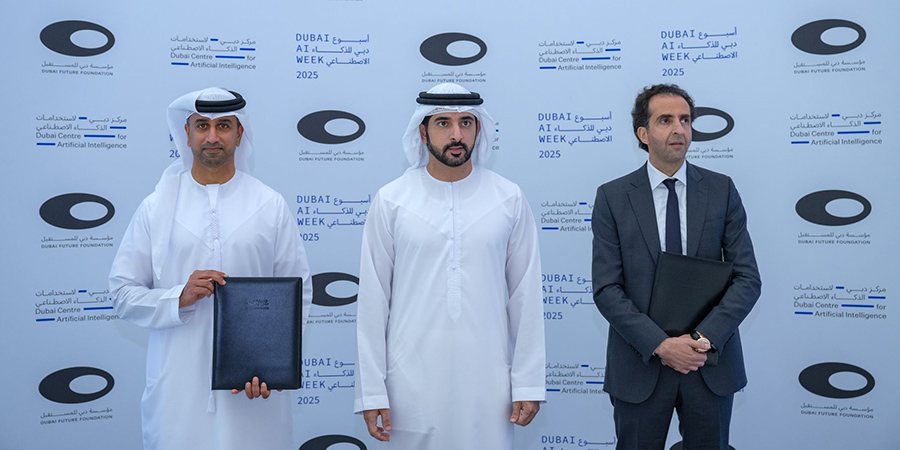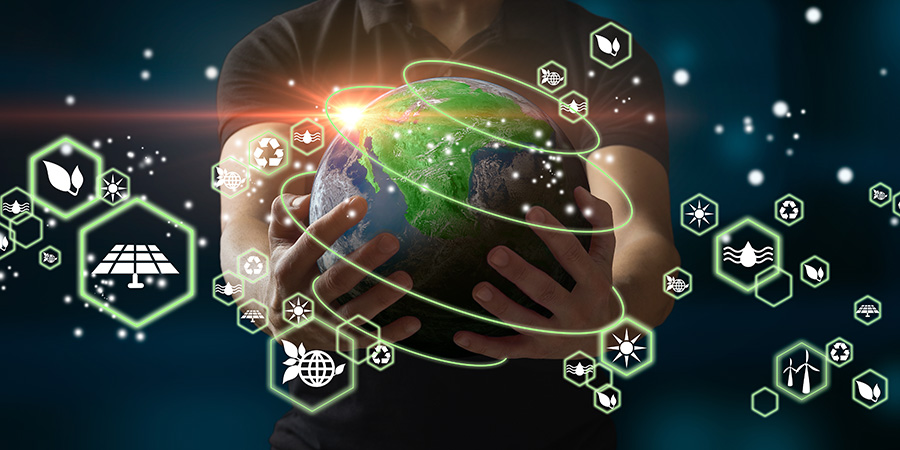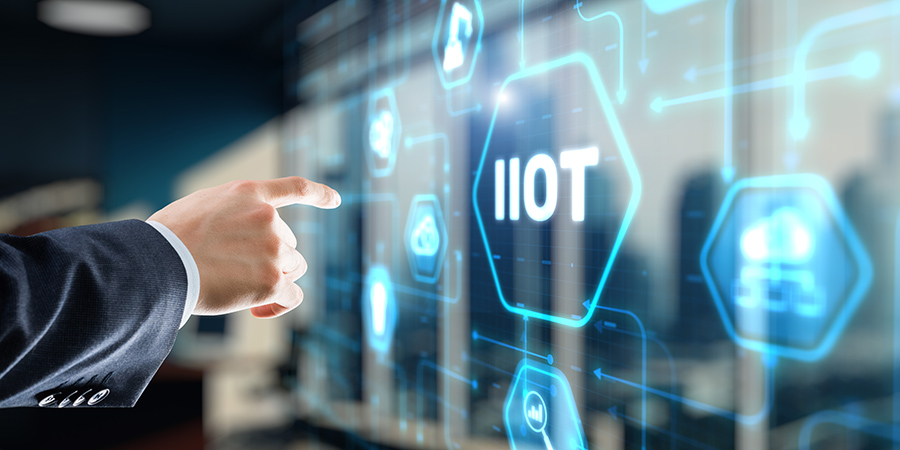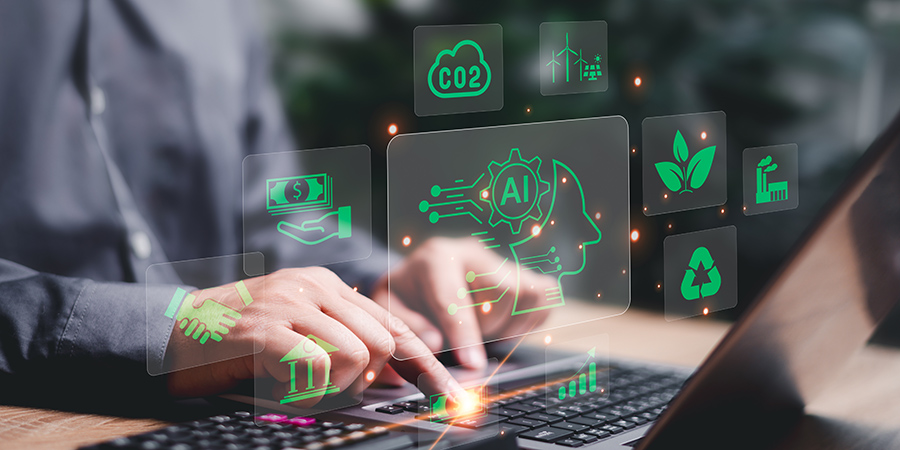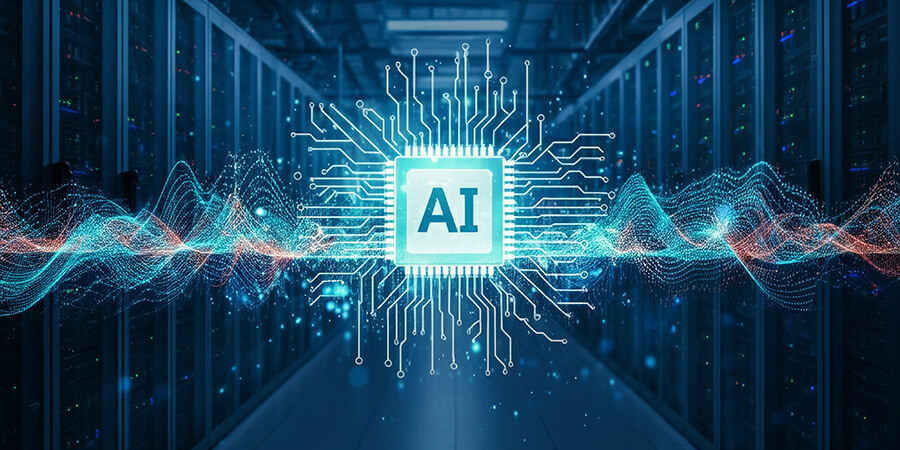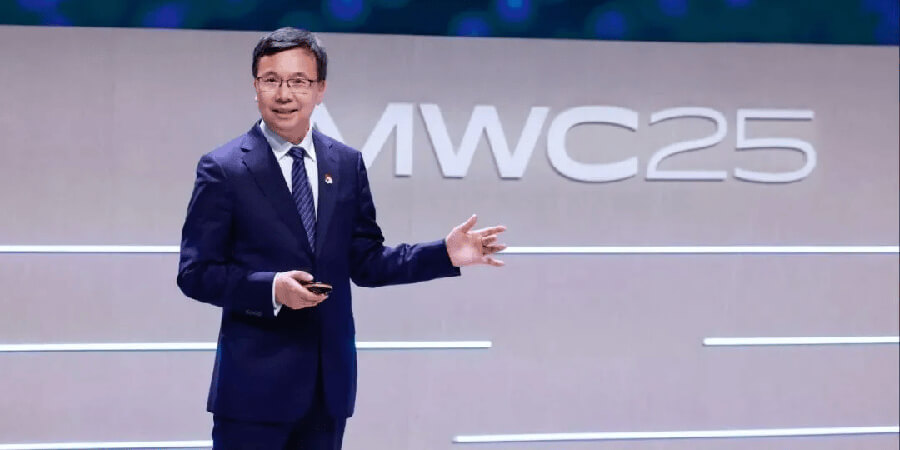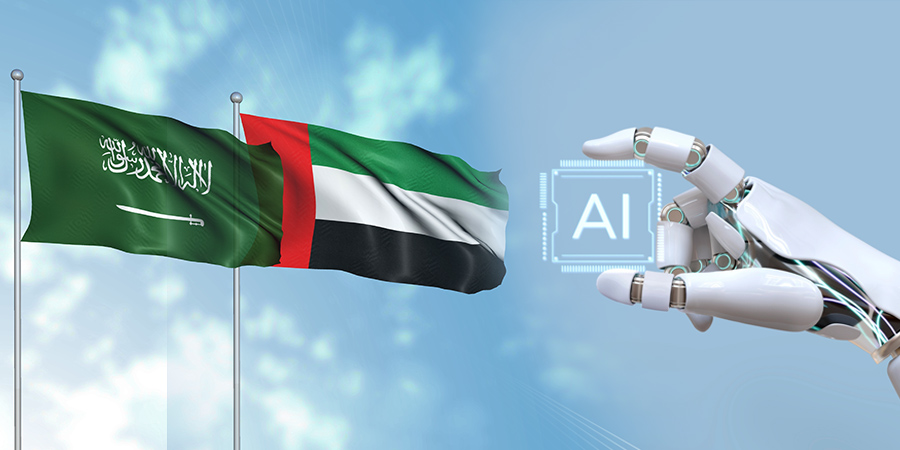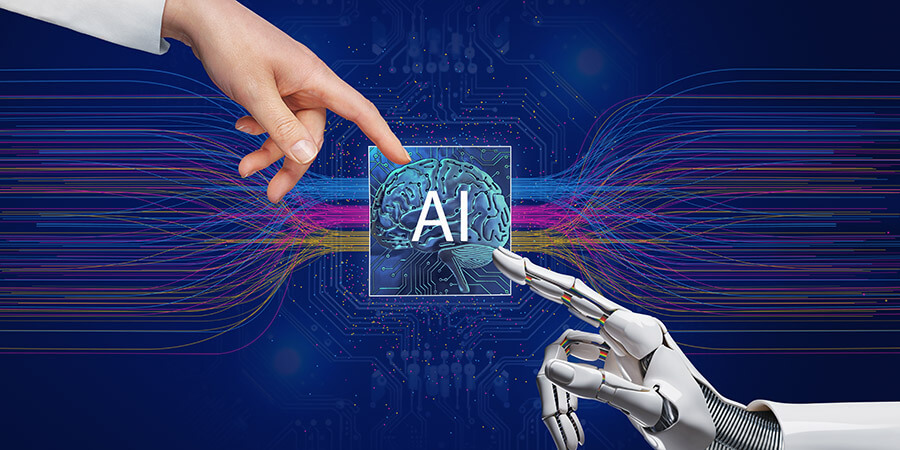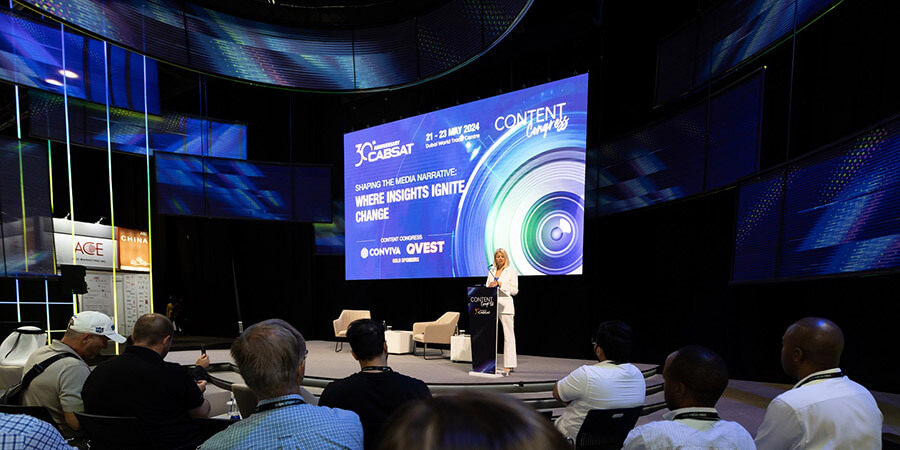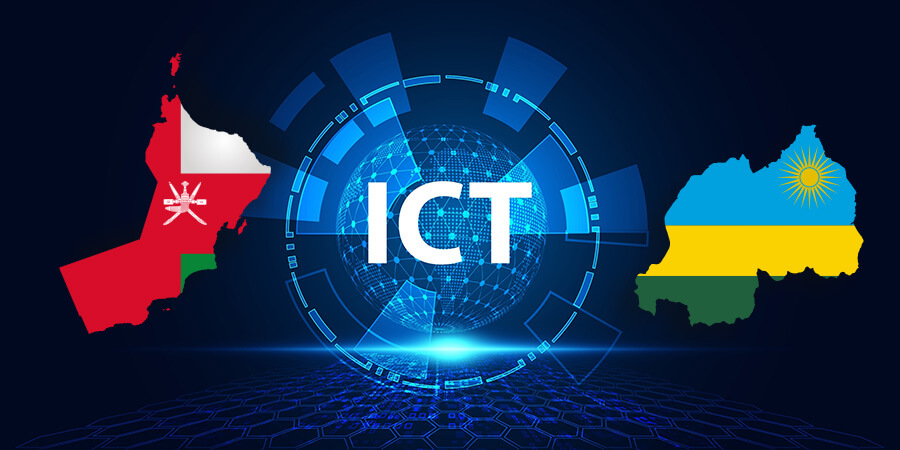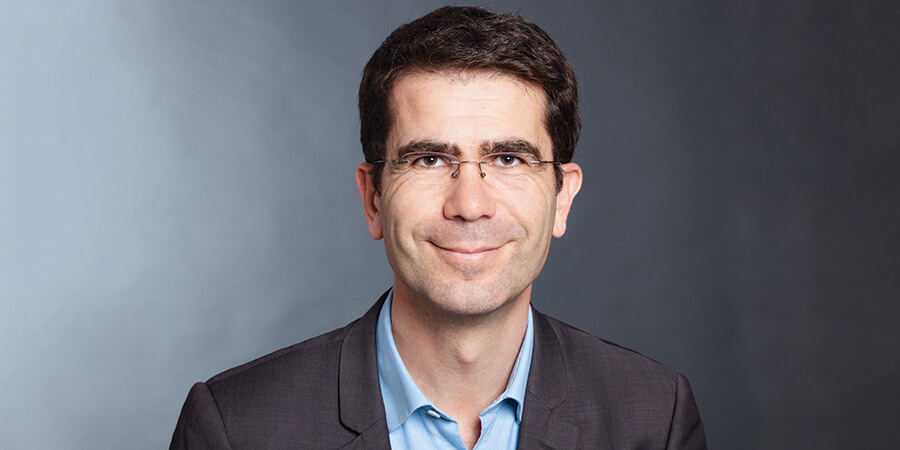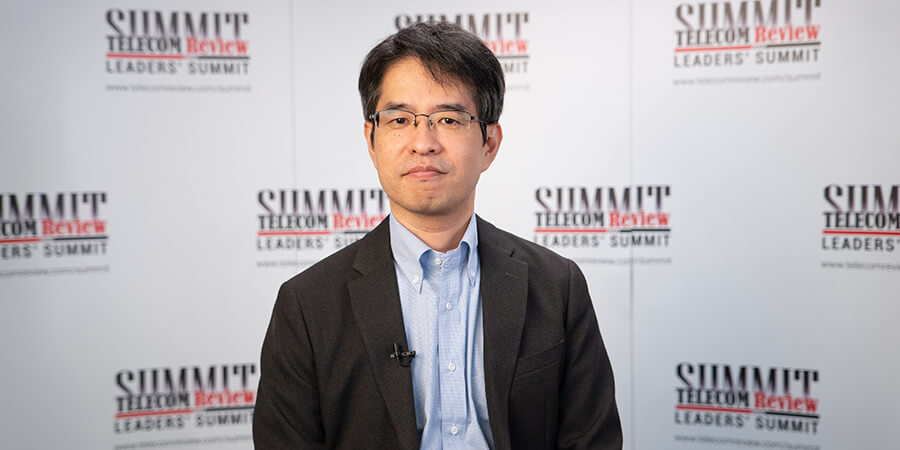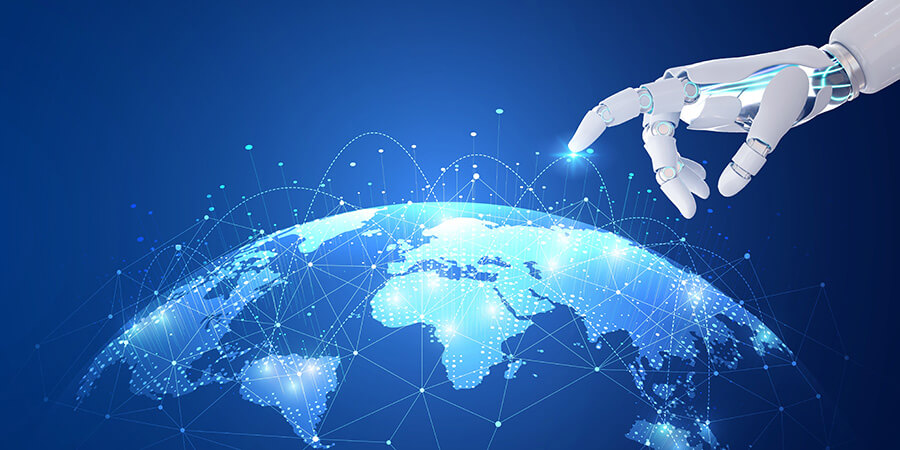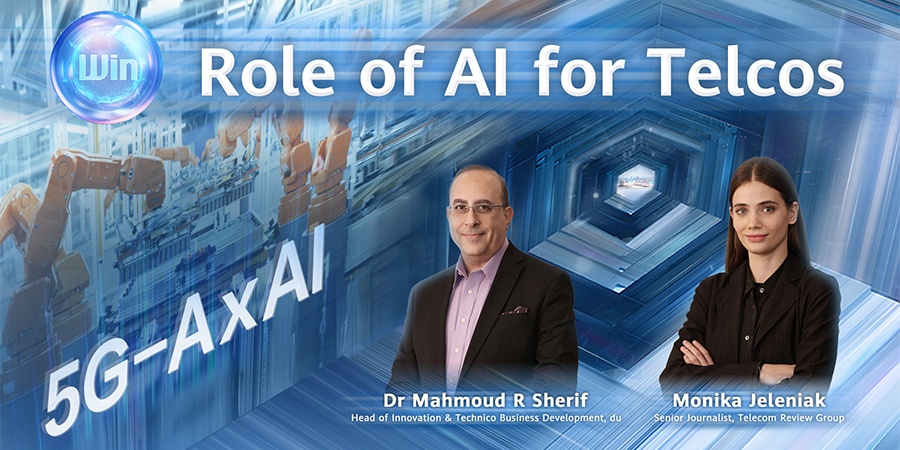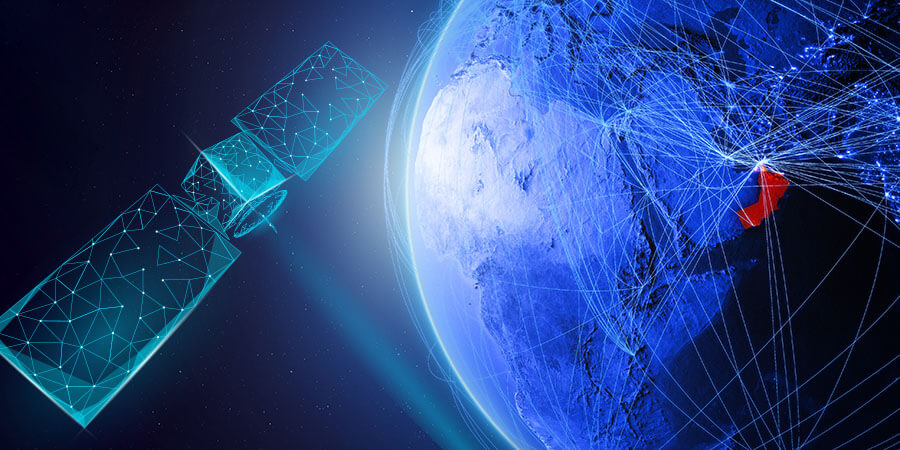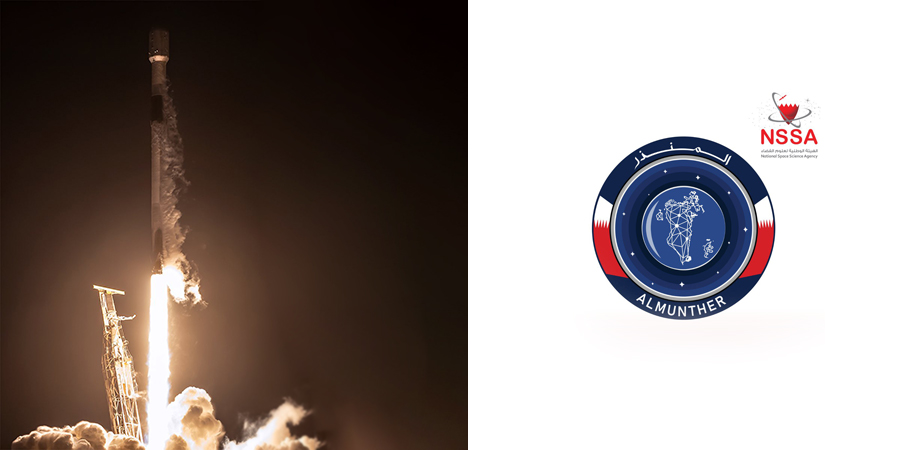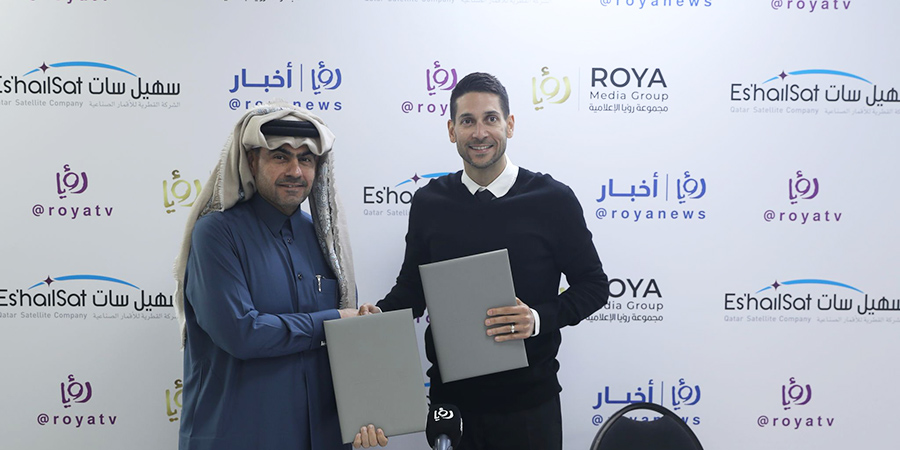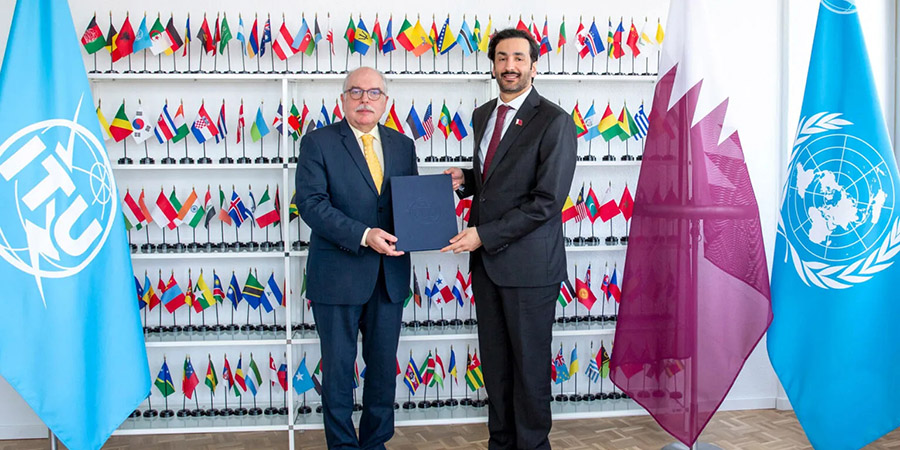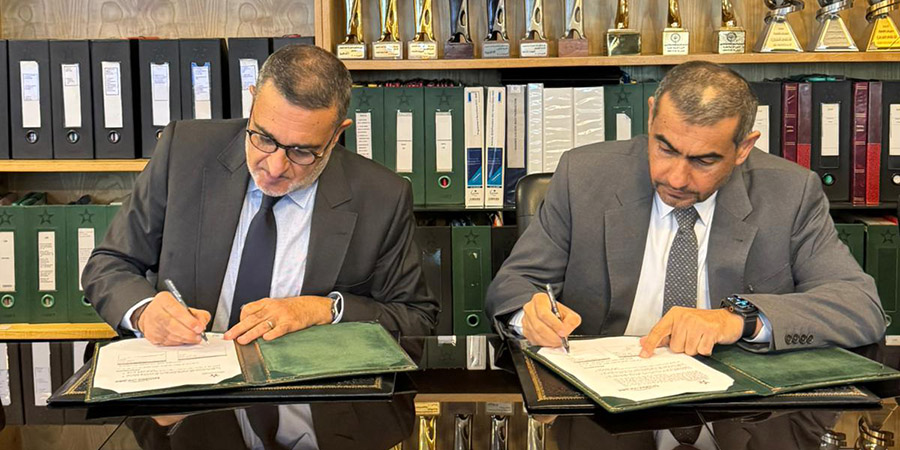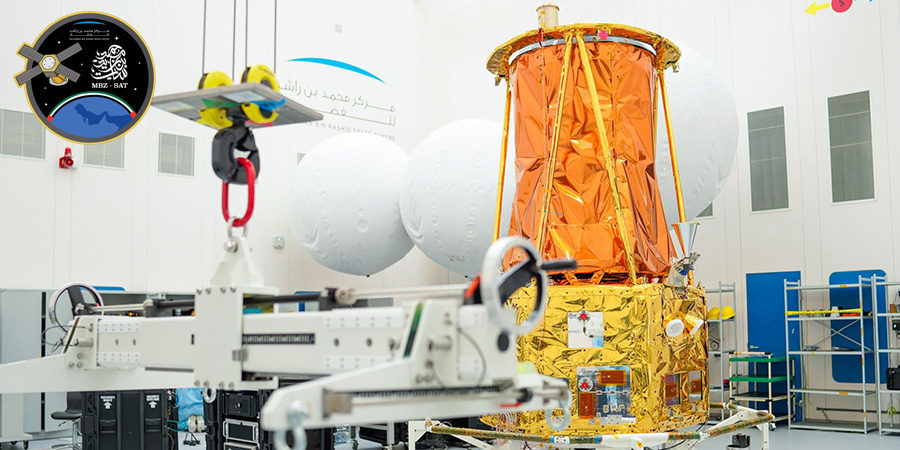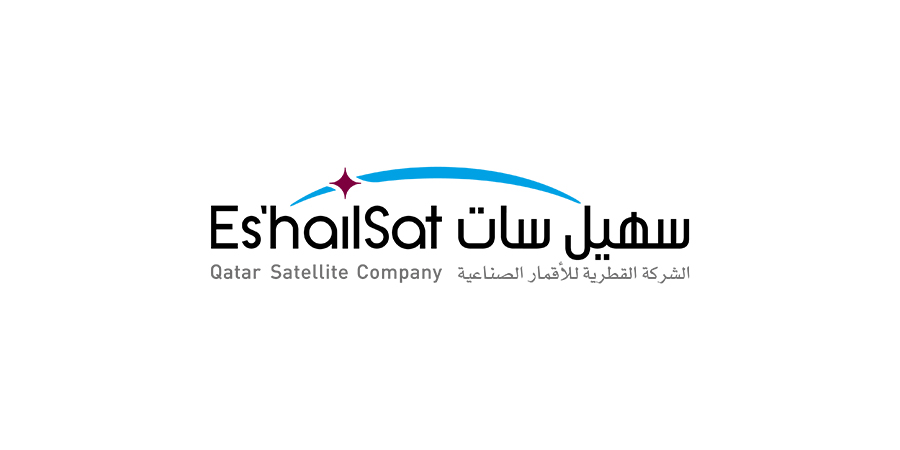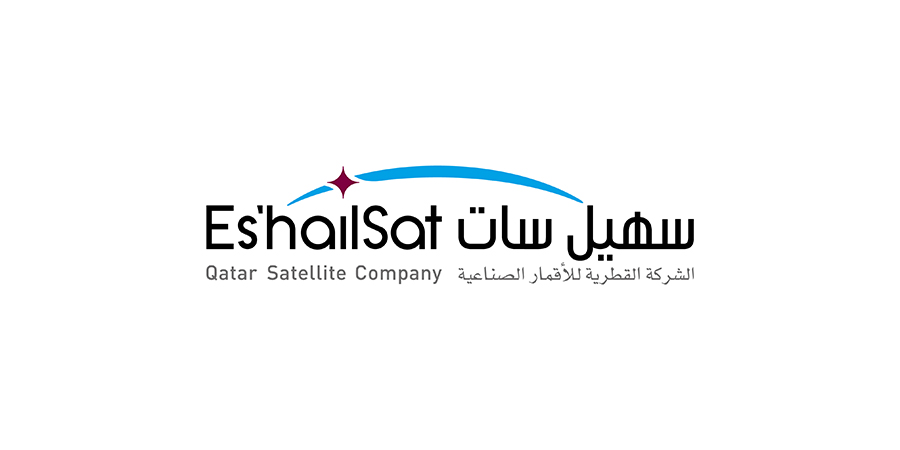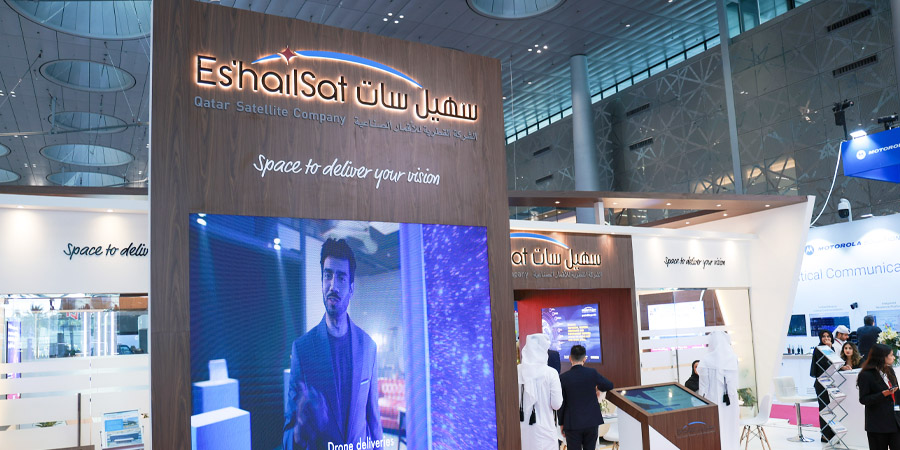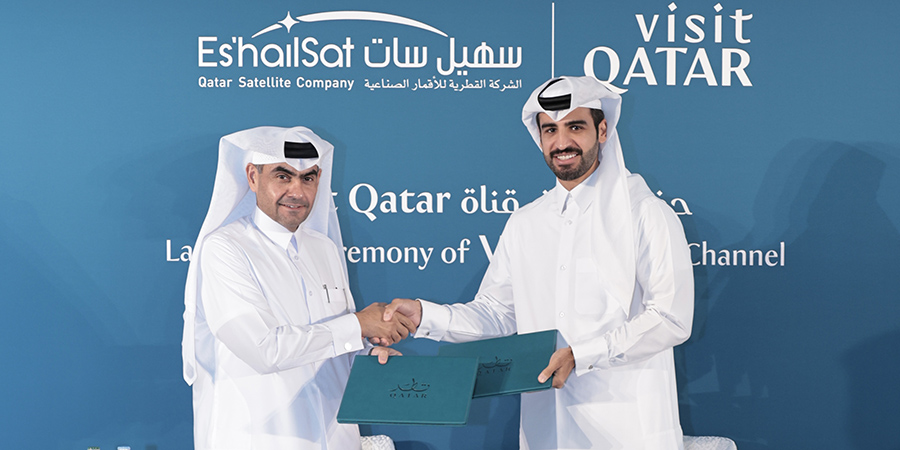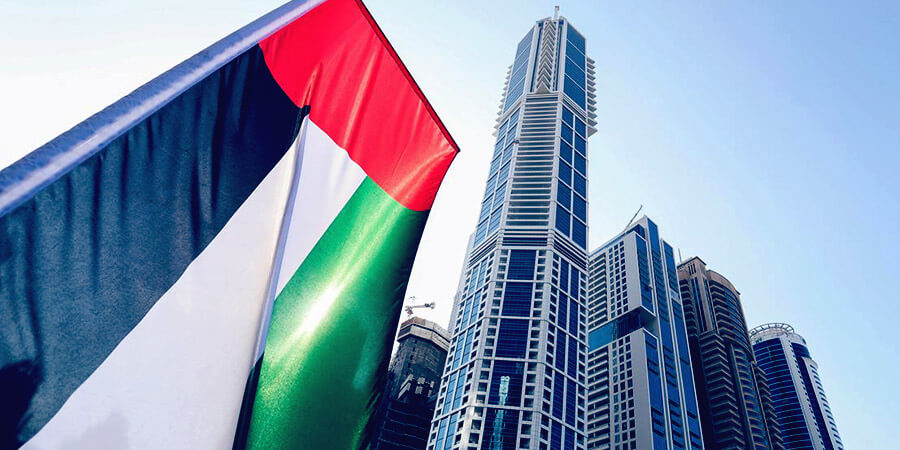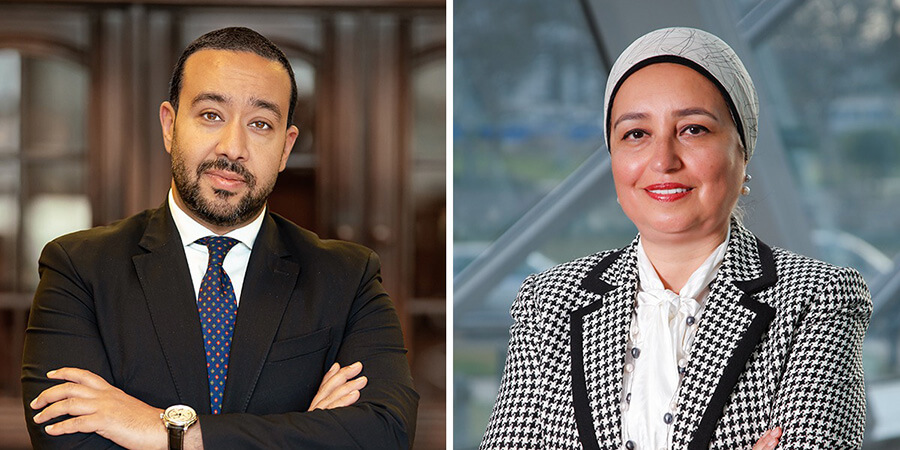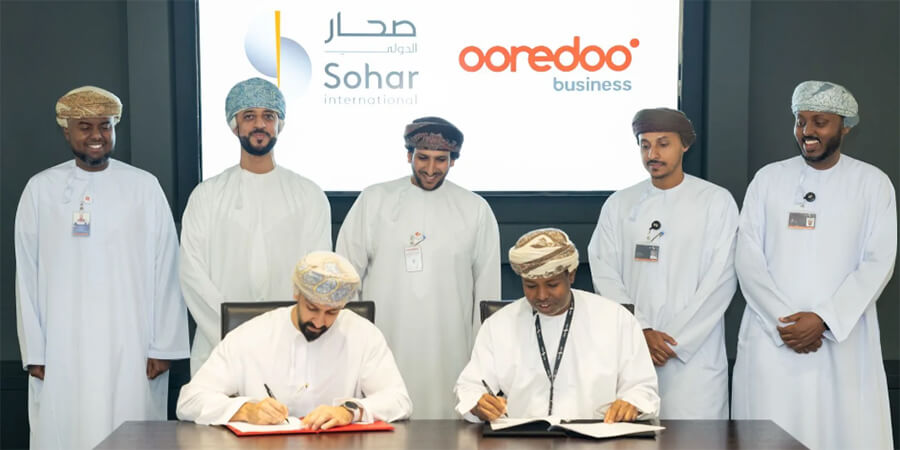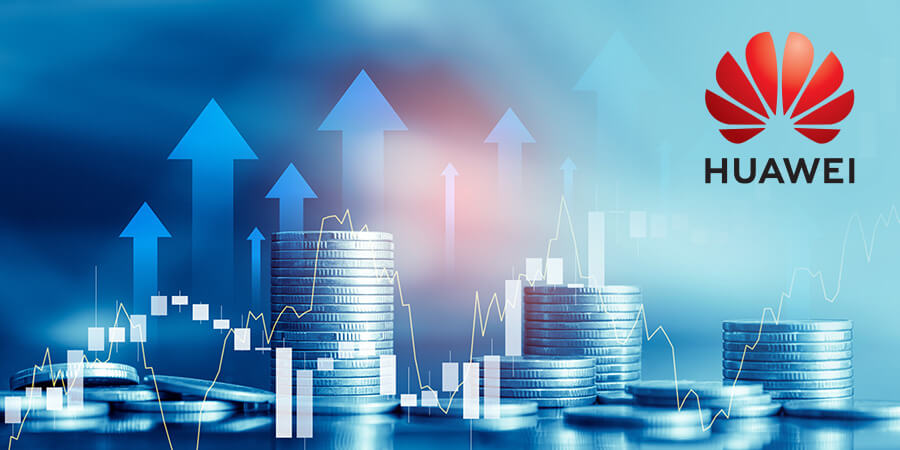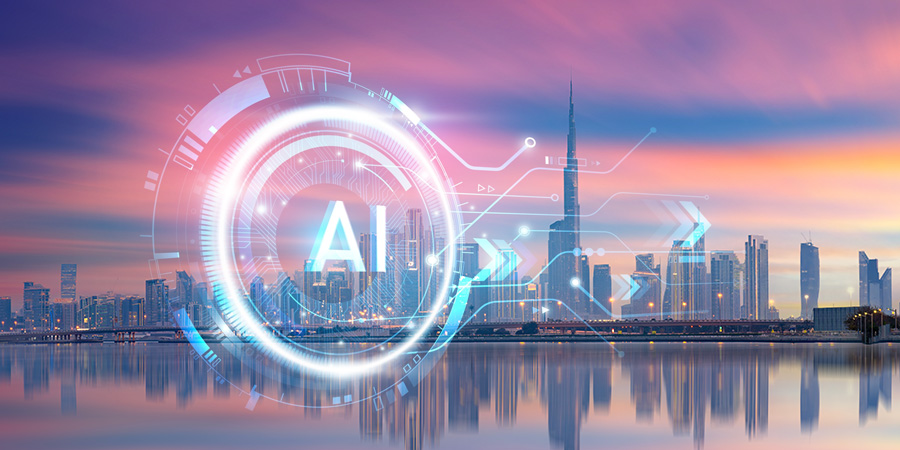The World Economic Forum announced on January 23 an international expansion of its Center for the Fourth Industrial Revolution. New affiliate centers will open in India, Japan and the United Arab Emirates, creating an international network dedicated to maximizing the benefits and minimizing the risks of emerging technology.
In cooperation with host governments and key companies, affiliate centers will build on the work underway in San Francisco to close the gap between emerging technology and policy, the World Economic Forum said in a statement.
The World Economic Forum describes the Fourth Industrial Revolution as being characterized by a fusion of technologies that blur the lines between physical, digital and biological spheres.
The Fourth Industrial Revolution centers are poised to bring together business leaders, governments, start-ups, civil society, academia and international organizations to co-design and pilot new approaches to governance for emerging technologies such as artificial intelligence (AI) and blockchain.
"We want to ensure that a technologically enriched future is safe, ethical, inclusive and sustainable for all, not just a few," said Murat Sonmez, Head of the Center for the Fourth Industrial Revolution. "The Center for the Fourth Industrial Revolution is an accelerator for impact and having a global network of centers will enable us to move faster than ever."
The UAE's Mohammad Abdullah Al Gergawi, Minister of Cabinet Affairs and the Future, and Klaus Schwab, founder and executive chairman of World Economic Forum, were present at the signing in Davos, Switzerland, of the memorandum of understanding whereby the UAE will establish a center for Fourth Industrial Revolution.
Al Gergawi, who is also vice-chairman of the board of trustees and managing director of the Dubai Future Foundation, and Schwab, went on to sign a second agreement to develop the Fourth Industrial Revolution Data Protocol, under which the UAE government agrees to synchronize efforts in the sector.
Developed by the UAE government, the protocol aims to establish an integrated and secure data ecosystem to increase the speed at which Fourth Industrial Revolution technologies and solutions are implemented to tackle the challenges brought about by rapid technological advancements.
Al Gergawi said in a statement that the establishment of a Fourth Industrial Revolution center in the UAE will bolster the country's leading position and role in anticipating the future, developing instruments and solutions to address its challenges.
The World Economic Forum opened its first Fourth Industrial Revolution center in San Francisco in March 2017. Projects at the center cover multiple areas of technological innovation, including autonomous mobility, artificial intelligence, blockchain, drones, precision medicine and Internet of Things (IoT).
The expansion to new geographies reflects the need from businesses and governments to become more agile and their desire to help shape the development of emerging technologies.




